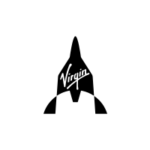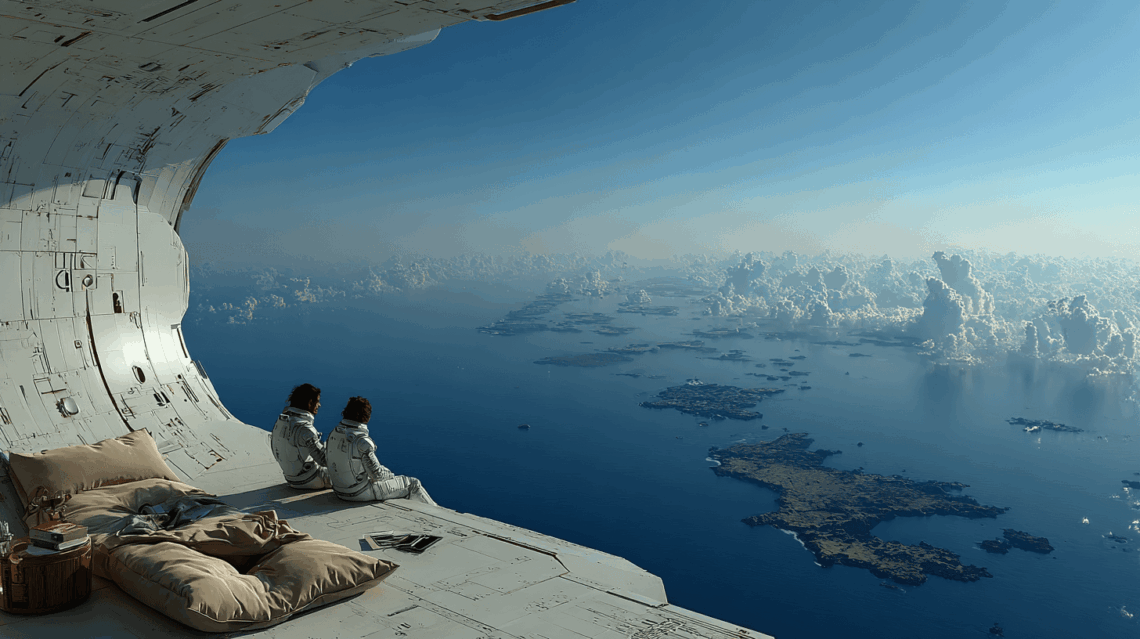

Blue Origin vs Virgin Galactic: Which Space Tour Should You Choose?
When it comes to suborbital space tourism, Blue Origin and Virgin Galactic are the two main contenders. Both offer unique, awe-inspiring experiences—but there are key differences in how each company launches, prepares, and treats its spacefaring guests.
If you’re torn between these two pioneers, this page will help you understand the pros and cons of each experience so you can confidently choose the space tour that suits your goals and comfort level.
Launch Profiles and Technology
Blue Origin uses a traditional vertical rocket launch system. Passengers board the New Shepard capsule, which is launched from a site in West Texas. The ride includes over 3 minutes of weightlessness and panoramic Earth views before returning via parachute.
Virgin Galactic, on the other hand, uses a spaceplane system. VSS Unity is carried by a mothership to high altitude before igniting its rocket engine. Passengers experience a glide back to Earth after a brief suborbital arc.
Training and Pre-Flight Preparation
Virgin Galactic includes a 3–5 day immersive training program with astronaut-style preparation, G-force simulation, and bonding time with fellow flyers. Blue Origin’s training is faster and more condensed, taking place over just one day, focusing on safety and mission overview.
Spacecraft Features and Cabin Experience
Blue Origin’s New Shepard capsule offers six passenger seats and the largest windows ever flown in space. There are no pilots aboard—the flight is fully autonomous.
Virgin Galactic’s VSS Unity spaceplane accommodates six passengers and two pilots. The cabin is futuristic and luxurious, featuring 12 large windows, reclining seats, and mirrored surfaces to enhance the zero-gravity experience.
Pricing and Availability
Virgin Galactic is currently selling tickets at $450,000 USD, with flight order based on when your deposit is received. Blue Origin’s pricing is less public, but seat auctions have reached into the millions, and industry estimates place tickets between $250,000–$500,000.
Both companies maintain long waitlists, and available seats are limited per flight. Booking early is key.
Booking and Membership Programs
Virgin Galactic offers a membership program with early access and exclusive updates. Blue Origin invites guests via private selection or auction. Booking processes vary, and the exclusivity adds to the allure of both.
Comparison Table: Blue Origin vs Virgin Galactic
| Feature | Blue Origin | Virgin Galactic |
|---|---|---|
| Launch Type | Vertical Rocket (New Shepard) | Spaceplane (VSS Unity + VMS Eve) |
| Max Altitude | ~100 km (Kármán Line) | ~80–90 km |
| Weightlessness Duration | ~3–4 minutes | ~3–4 minutes |
| Pilots Onboard | None (autonomous) | Yes (2 pilots) |
| Passenger Capacity | 6 | 6 |
| Windows | Largest windows flown in space | 12 large windows |
| Pre-Flight Training | 1 day orientation | 3–5 day immersive training |
| Pricing Estimate | $250,000–$500,000 (estimated) | $450,000 USD |
| Booking | Invitation/Auction | Waitlist/Membership |
| Landing Method | Parachute-assisted capsule landing | Gliding runway landing |
Which Should You Choose?
If you’re drawn to the thrill of a vertical rocket launch and a shorter training process, Blue Origin may be your ideal pick. For those wanting a more immersive experience with extended pre-flight preparation and a piloted spaceplane journey, Virgin Galactic might be the better choice.
Either way, both companies are pushing boundaries and making space accessible to civilians for the first time in history.
To learn more about the broader world of commercial spaceflight, check out our pages on Suborbital Flights, Space Tour Companies, and Space Travel FAQs.
